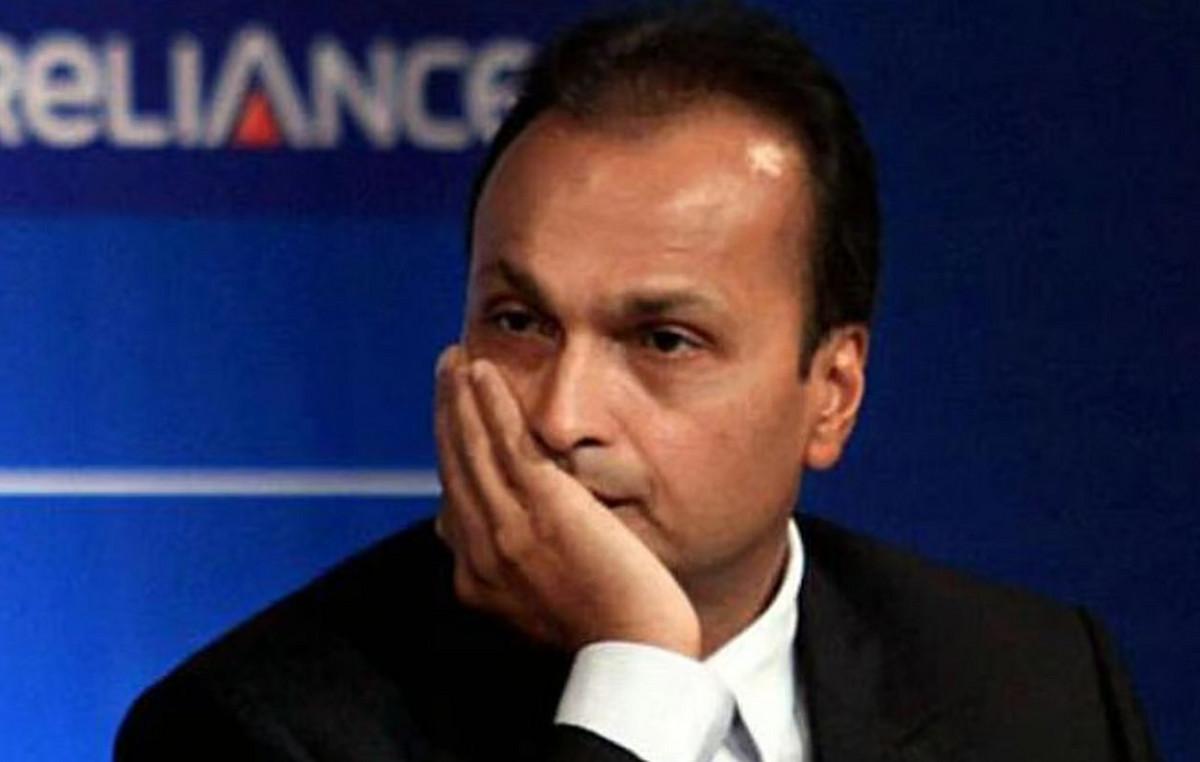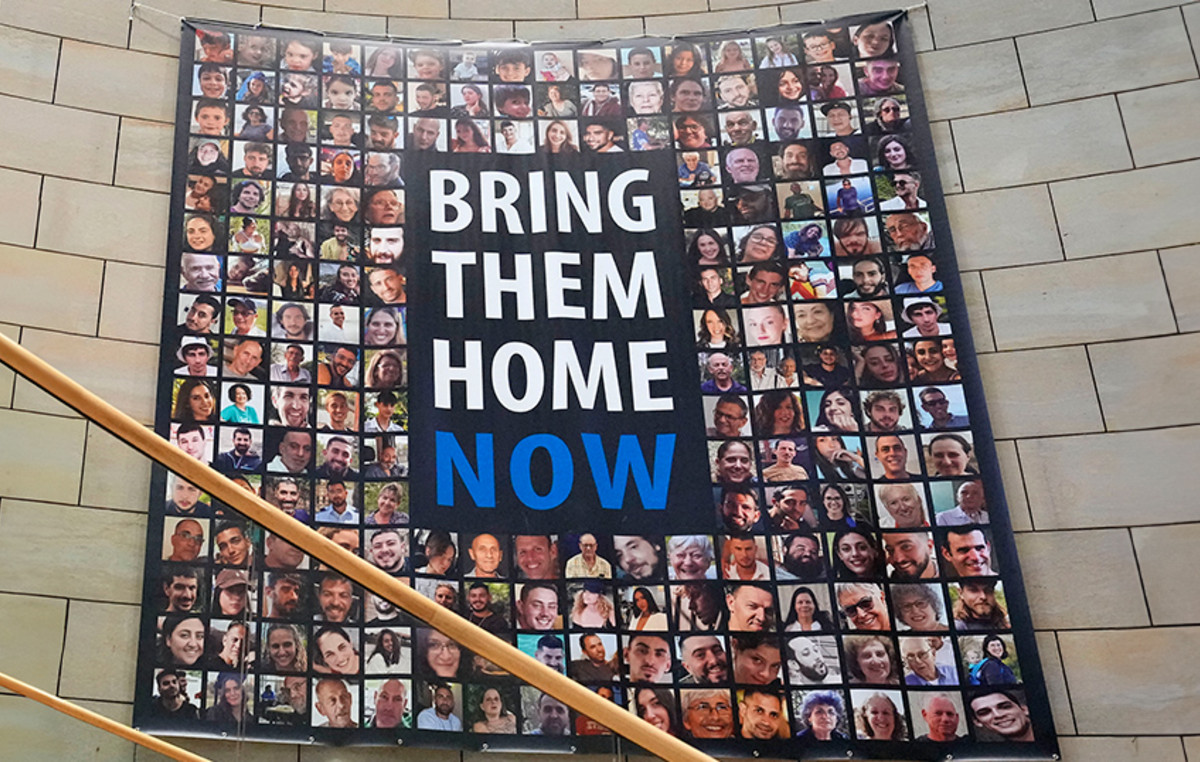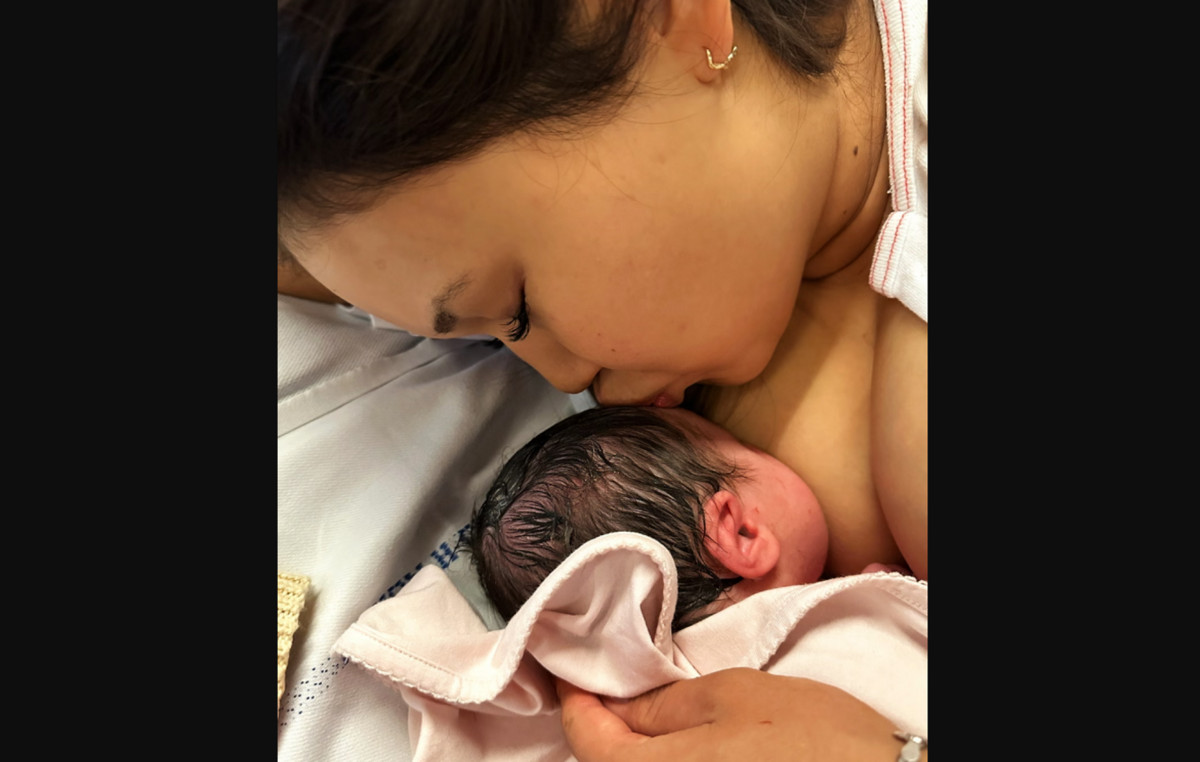The baby fair season takes place once again in South Korea.
Busy, raucous events held in cavernous conference rooms, where hundreds of vendors try to sell parents-to-be everything they could want for their new bundle of joy—and many more things they never knew they needed.
But this is a shrinking business, and the customer base is dwindling.
South Korea recently broke its own record for the lowest fertility rate in the world. Data released in November shows that the average number of children a South Korean woman will have in her lifetime has dropped to 0.79.
This is far below the 2.1 needed to maintain a stable and low population even compared to other developed countries where the rate is falling, such as the United States (1.6) and Japan – which, at 1.3, had its rate lowest ever recorded.
And it spells trouble for a country with an aging population that faces an imminent shortage of workers to support its pension system.
The problem is commonly blamed on economic factors that prevent young people from starting a family – high housing prices, the cost of education and greater economic anxiety – but it has proven beyond the ability of successive governments to fix, however much money is thrown at it. .
Critics say this is a sign that the problems go beyond the economy and that a change of approach is needed. Now whether the government is listening is another question.
throwing money at the problem
During a visit to a day care center in September, South Korean President Yoon Suk Yeol admitted that more than $200 billion has been spent trying to increase population over the past 16 years.
However, since taking office in May, his government has come up with few ideas to tackle the problem, other than continuing along the same lines – creating a committee to discuss the issue and pledging even more financial support for newborns. A monthly allowance for parents with babies up to 1 year old will increase from the current 300,000 won to 700,000 won (US$230 to US$540) in 2023 and to 1 million Korean won (US$770) by 2024, according to the Yoon government.
During his visit to the nursery, Yoon expressed surprise that babies and toddlers were not being cared for at home and seemed to suggest that it was common for 6-month-olds to be able to walk, leading to criticism that he is alienated from the cause (the average age for babies walking is 12 months).
Many experts believe that the current money-throwing approach is too one-dimensional and that what is needed instead is ongoing support throughout the child’s life.
Visiting the stalls at a recent baby fair was Kim Min-jeong, whose second child is due this month. She criticizes the government’s promise of more funds, saying: “They changed the names and merged the benefits, but for parents like us, there are no more benefits.”
The problem she faces, she said, is that she has not been able to work since her first child was born, as she and her husband cannot afford private child care.
Government-funded day care is free, but a handful of scandals in recent years involving caregivers who assault babies has alienated many parents. Although the cases were minimal, they were well publicized and the CCTV footage was emotional.
“A Puritan Approach”
Also troubling parents-to-be are a host of issues that are more social than economic in nature and are likely to endure no matter how much money is spent.
Among them are what might be called unwritten rules for parenting.
While having a baby is expected of couples in South Korea, society still frowns on single parents. IVF treatment is not offered to unmarried women, official hospital data show.
“We still have a very puritanical approach to single mothers,” said law professor Cho Hee-kyoung, who writes a newspaper column on social issues.
“It’s like they did something wrong by getting pregnant out of wedlock… why does it necessarily have to be within a wedlock that you can raise a child?”
Meanwhile, couples in non-traditional partnerships also face discrimination. South Korea does not recognize same-sex marriage and regulations make it difficult for unmarried couples to adopt.
Lee Jin-song, who has written books on the tendency of young people to choose not to marry or have children, said policies to increase the birth rate needed to embrace more than just the traditional idea of marriage between one man and one woman. .
“I thought about how heterocentric and normality-centered discussion is in the traditional sense of marriage, excluding people with disabilities, illnesses or reproductive health issues,” Lee said.
choosing to be single
Lee pointed to a common joke that in South Korea, “if you’re not dating by age 25, you’ll become a crane, which means if you’re single, you’ll become non-human.”
She said society considers her, and others like her, selfish for not conforming to traditional expectations of marriage and children, “neglecting their duties to society solely for the sake of their happiness”.
Lee highlighted the pressures of having children on women in a patriarchal society that is slow to evolve. “Marriage, childbirth and child care demand a lot of sacrifice for women in a patriarchal society, especially in the last decade. So they are starting to explore the possibility of being able to live well without getting married.”
Professor Cho agreed, saying there is a lingering social expectation that the father will sacrifice for the company and the mother will support the family, even if she also works.
“I know many couples where the women earn more money than the men, but when they return home, it is the women who have to do the housework, take care of the children and provide emotional support to the husband.”
Work doesn’t end when the office closes.
Meanwhile, husbands who would like to be more involved in raising their children find that South Korea’s business culture doesn’t always allow for this.
While parental leave has been increased on paper, few feel comfortable taking full advantage of it.
Back at the baby fair, Kim’s husband Park Kyung-su said he hopes to help with their second child, but “there is no understanding or special treatment on the part of the job for having a young child. I can use my free time, but I feel uncomfortable using it because I want good feedback at work.”
There is a widespread fear that promoted workers are rarely the ones who put family first.
“It would be nice if companies recognized employees with babies, for example, to exclude them from dinners or evenings,” she said.
In South Korea, work doesn’t end when the office closes. Instead, there is an after-hours “team building” culture that is frowned upon to lose.
Lee worked at a brokerage before launching her own company, but she hasn’t worked in seven years and feels there was no option for her to continue her career as she didn’t want to put her children in daycare.
“Raising a child is a very valuable, meaningful and very good thing from a personal point of view, but sometimes it seems that it is not valued in society,” said Lee.
Source: CNN Brasil
Bruce Belcher is a seasoned author with over 5 years of experience in world news. He writes for online news websites and provides in-depth analysis on the world stock market. Bruce is known for his insightful perspectives and commitment to keeping the public informed.







